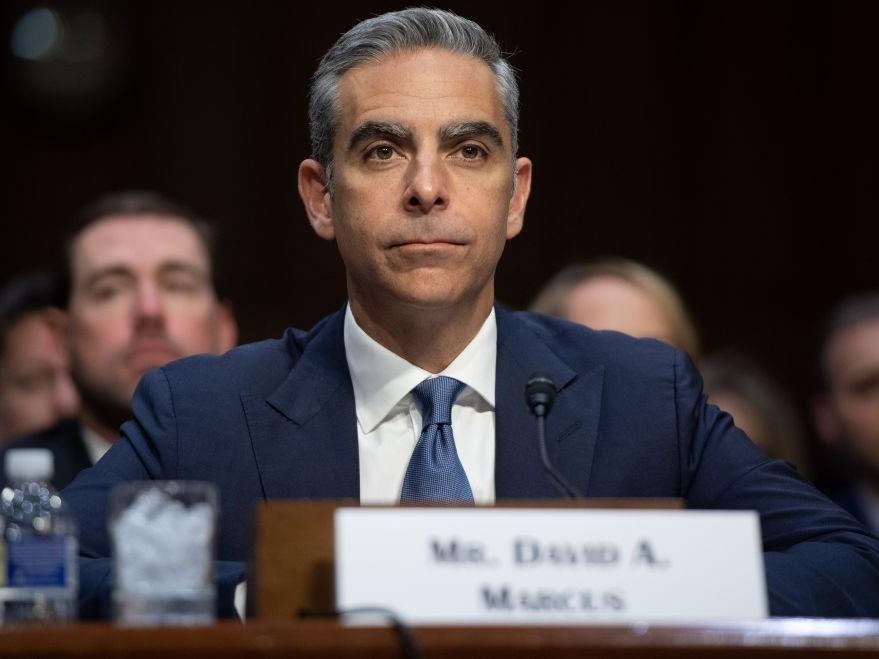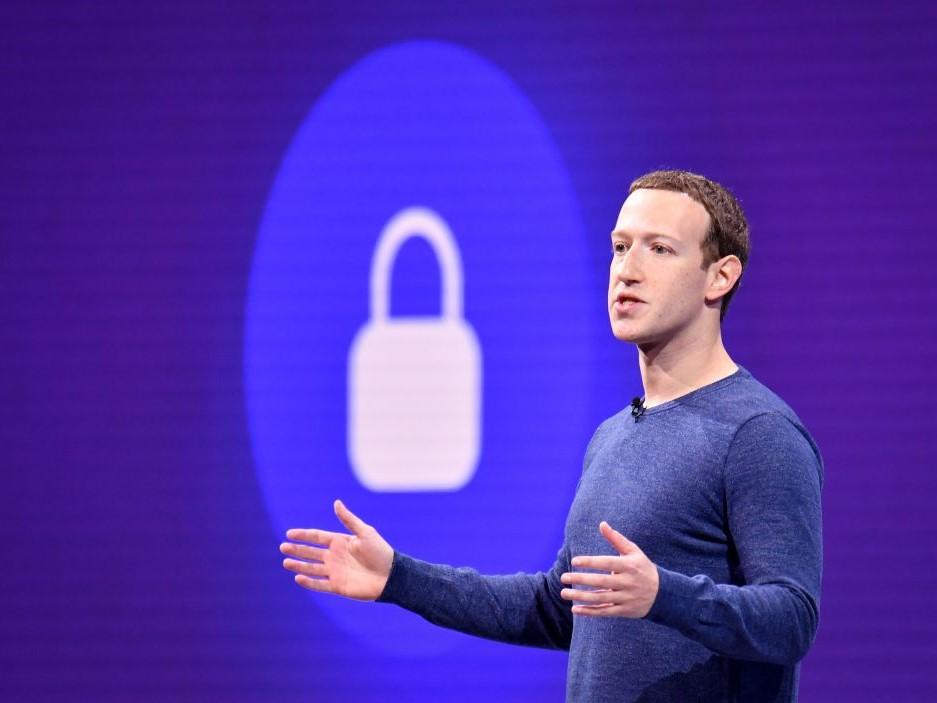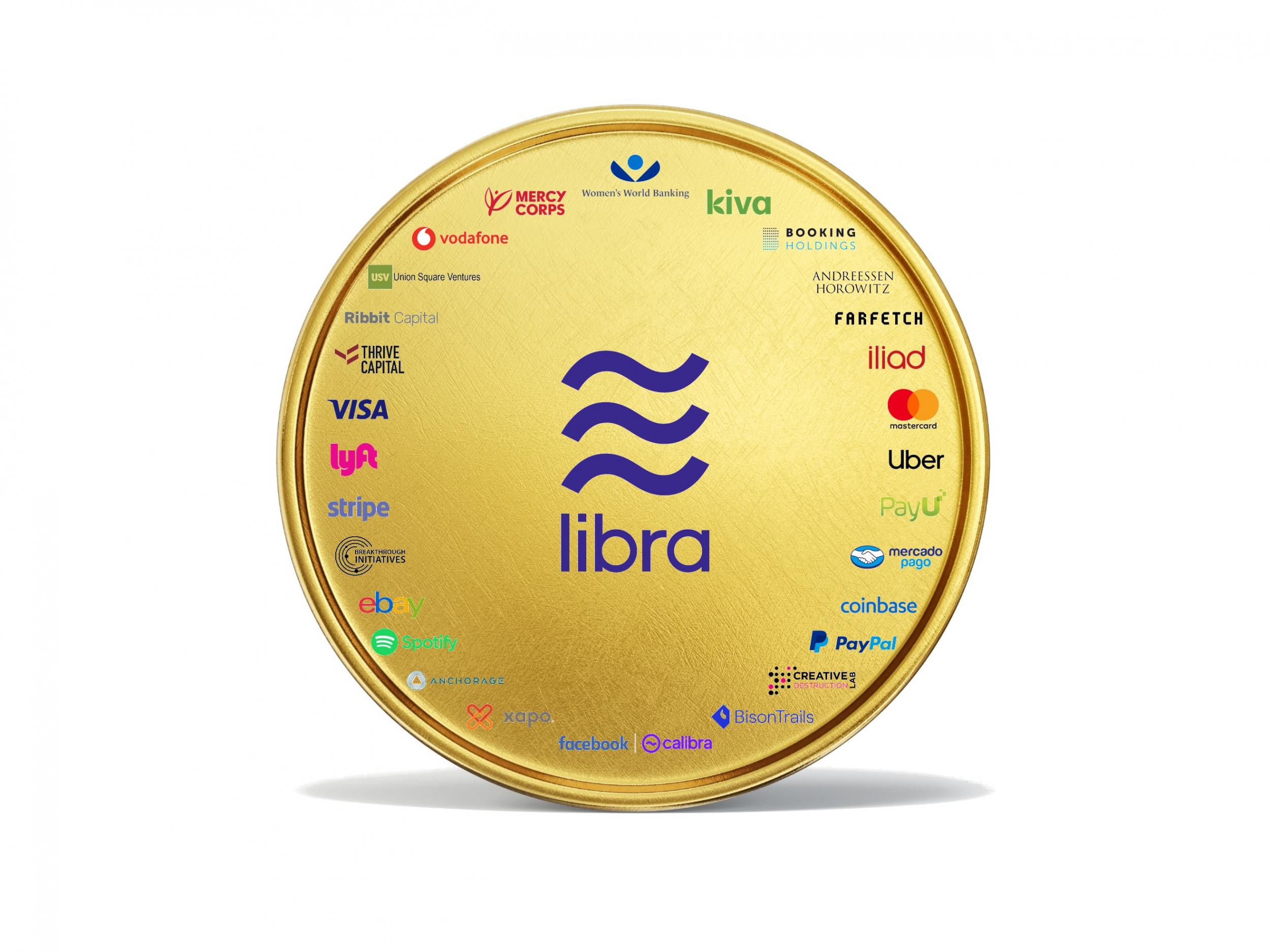Facebook has ‘no answer’ to accusation it values ‘flagrant displays of bulls***’
US Senators attacked the social media giant's plans to launch its own Libra cryptocurrency

Your support helps us to tell the story
From reproductive rights to climate change to Big Tech, The Independent is on the ground when the story is developing. Whether it's investigating the financials of Elon Musk's pro-Trump PAC or producing our latest documentary, 'The A Word', which shines a light on the American women fighting for reproductive rights, we know how important it is to parse out the facts from the messaging.
At such a critical moment in US history, we need reporters on the ground. Your donation allows us to keep sending journalists to speak to both sides of the story.
The Independent is trusted by Americans across the entire political spectrum. And unlike many other quality news outlets, we choose not to lock Americans out of our reporting and analysis with paywalls. We believe quality journalism should be available to everyone, paid for by those who can afford it.
Your support makes all the difference.Facebook promotes “flagrant displays of bulls***” and is “delusional” to believe people will trust it with their money, US senators said on Tuesday at a hearing about the firm’s plan to launch its own cryptocurrency.
David Marcus, the vice president of the tech giant’s messaging products unit, faced questions at a hearing on Capitol Hill about how the social media company would address privacy concerns about its proposed Libra currency, as well as how it will fit in with the current financial system.
Senator John Kennedy levelled a number of questions at Mr Marcus that referred to the company’s track record when it comes to user privacy – not least from the Cambridge Analytica scandal that saw user data manipulated by third parties for the purpose of political profiling and voter manipulation.
“Isn’t it true that Facebook has chosen to advance a set of values in which truthful reporting has been displaced by flagrant displays of bulls***?” the Republican senator asked.
Mr Marcus replied: “I don’t know how to answer that question.”
Senator Kennedy then sarcastically responded: “Facebook now wants to control the money supply. What could possibly go wrong?”
Facebook is fighting to get Washington onside after it shocked regulators and lawmakers with its announcement on 18 June that it was hoping to launch a new cryptocurrency called Libra in 2020.
Since then it has faced criticism from policymakers and financial watchdogs at home and abroad who fear widespread adoption of the digital currency by the social media giant’s 2.38bn users could upend the financial system.
“Facebook has demonstrated through scandal after scandal that it doesn’t deserve our trust,” Democratic senator Sherrod Brown, the ranking member of the Senate Banking Committee, said in his opening remarks. “We’d be crazy to give them a chance to let them experiment with people’s bank accounts.”
Mr Brown added during questioning that he thought it was “delusional” to think individuals would trust the social media company with their “hard-earned” money.
The Senate Banking Committee is questioning David Marcus, the company’s top executive overseeing the project, on issues ranging from how Libra could affect global monetary policy to how customer data will be handled.
Mr Marcus, the president of PayPal from 2012 to 2014, tried to assuage concerns in his opening remarks by promising that Facebook will not begin offering Libra until regulatory issues are addressed.
“We know we need to take the time to get this right,” said Mr Marcus, who is also due to testify before the House Financial Services Committee on Wednesday, said.

Mr Marcus received a frosty welcome from Democratic representatives, who already believe the company is too large and careless with consumer data.
Concerns raised through questions included how the company plans to prevent money laundering through the new payment system, how consumers’ data and funds will be protected and how the Geneva-based association created to run the system will be regulated.
Republicans shared some of these worries, but appeared less hostile, even after president Donald Trump and treasury secretary Steven Mnuchin voiced concerns over the past few days.
“They’re going to have to convince us of very high standards before they have access to the US financial system,” Mnuchin said on Monday.
Critics have expressed anger that the company would have got so far in its plans for such a potentially groundbreaking project without extensive input from policymakers, especially when it is already in the spotlight over privacy issues.
Facebook allocated a small fraction of its vast workforce to work on the project, Kevin Weil, who runs product for the Libra initiative, told Reuters last month.
One former employee told Reuters the company tried to keep the project under wraps even internally – staff who were not involved knew little about it, not even that it was operating under the name Libra.

Rumours had surfaced as early as last year that Facebook was working on a digital currency, but news that the project was in its advanced stages started to emerge only in recent months.
In the weeks leading up to the announcement, the company began reaching out formally to key regulators including the Federal Reserve, the Treasury and the Commodity Futures Trading Commission. But two people with knowledge of the discussions said the conversations remained vague, with key details of the project discussed only on a theoretical level.
Some lawmakers specialising in financial services policy have been frustrated by the lack of clarity from Facebook before and since in recent months, three congressional sources said.
Top Republican and Democrat on the Senate Banking Committee had sent Facebook a letter in May seeking information, including how the company would protect consumers’ financial information. But Facebook did not write back until 8 July, the committee said.
One Democratic aide described the company’s contacts with lawmakers as “inept and entitled.”
Facebook has said that it announced the project in its early stages to get feedback from stakeholders. Mr Marcus reiterated this at the hearing on Tuesday.
The executive added: “I know that we will have to earn people’s trust for a very long period of time to get the benefit of them wanting to use the Calibra wallet.”
Additional reporting from agencies
Join our commenting forum
Join thought-provoking conversations, follow other Independent readers and see their replies
Comments